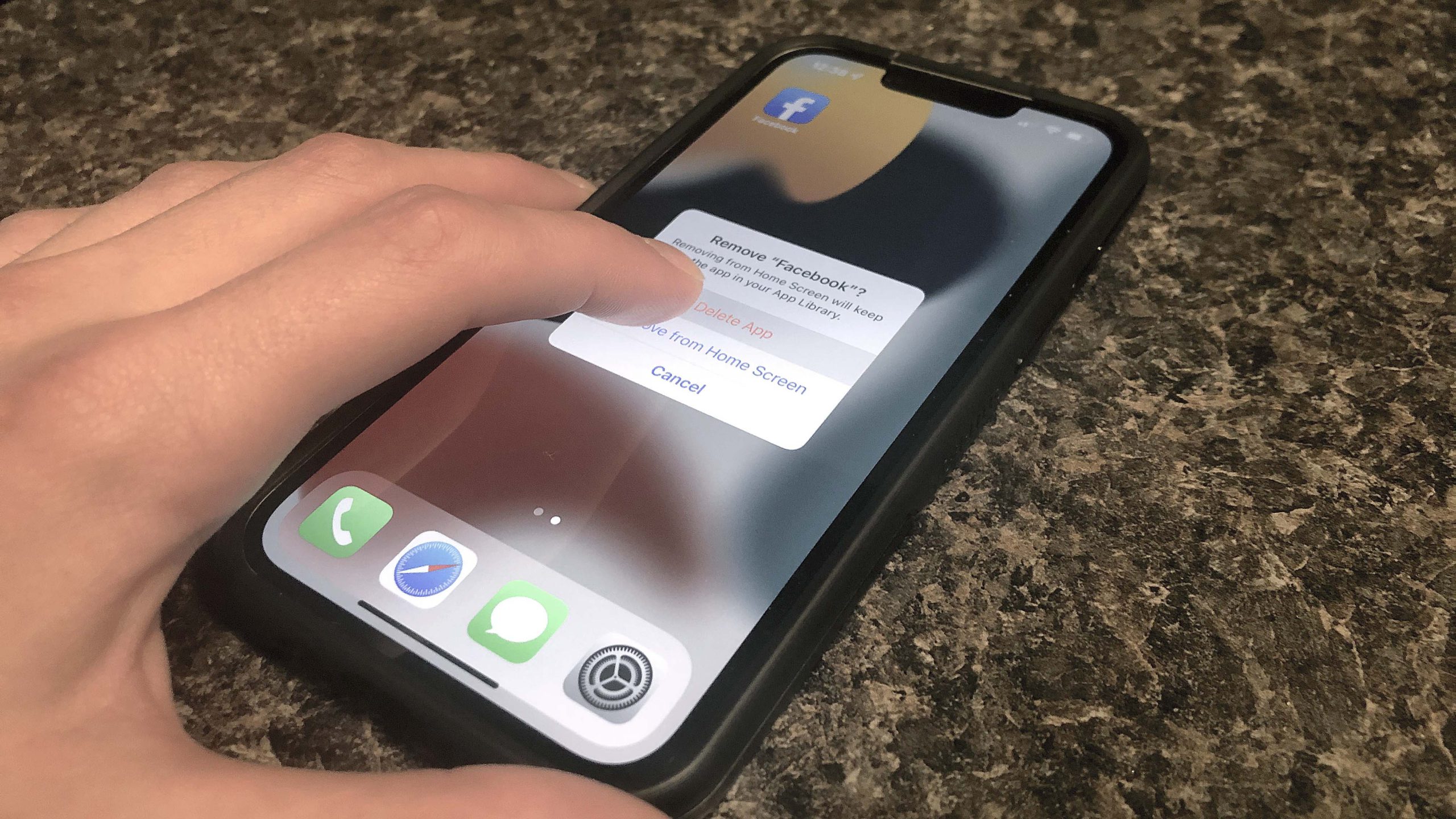Should you delete Facebook? It’s complicated
Platform users find it hard to kick the social media habit

caption
Deleting Facebook might seem like a good idea, but users tend to overlook the social media platform's terrible reputation.If you’re sick of Facebook, you’re not alone.
The seemingly endless scandals plaguing the tech giant are giving many of its users reason to consider deleting it for good.
But most users we spoke to find something worthwhile in the platform and they would have a hard time giving it up.
“There’s definitely been a few really big scandals and Mark Zuckerberg hasn’t handled them well,” said Alex Cormier, a longtime Facebook user. Related stories
“But being at Dal and using groups and stuff like that for engineering societies, I had to keep with it,” he said.
Sometimes the decision can even be split between significant others.
“I’ve definitely thought about it. My boyfriend just deleted it,” said Taylor Benoit, another longtime Facebook user. “It sucks when you find yourself trapped in.”
And while some have realized they can’t part with the platform completely, they are trying to use the platform less.
“I still use it here and there for things like marketplace. But I definitely try to limit my use,” said Chris Skinner, also a longtime Facebook user.
“I’d say it’s worthwhile for anyone to do kind of a social media detox. Maybe try it out for a month,” he said.
What makes Facebook so bad? It’s all about data, says Nur Zincir-Heywood, a computer science professor at Dalhousie University.
“From a computer science perspective, what makes Facebook in the grey zone is the amount of information it collects … and the number of third parties it shares this information with,” Zincir-Heywood said.
All users of Facebook provide data to the company, which it sells to third parties. So if you have an account, you’re contributing to the problem whether you realize it or not.
“The dilemma we are in is that these scandals are happening because the millions of users are using it. Facebook is nothing if there is no one using it,” Zincir-Heywood said.
Last month the polling company Léger released a poll saying that 87 per cent of Canadians believe Facebook can be harmful to children and teenagers. The same number, 87 per cent, believe it contributes to misinformation and the sharing of fake news.
At the same time however, the poll also found that 77 per cent of Canadians believe Facebook allows them to stay connected with their loved ones.
If you’re inclined to boycott a company that behaves badly, the delete Facebook debate is as relevant as ever.
However, Travis Lacroix, a Halifax philosopher who specializes in artificial intelligence and machine learning, is quick to shift the moral burden away from Facebook users and toward the company.

caption
Dalhousie philosopher Travis Lacroix says Facebook is just a tool that can be used for good or bad.“It seems like the moral dilemma really lies at a larger, more structural level. So, it just seems wrong to cast this as an individual’s problem,” Lacroix said.
Lacroix said the most interesting controversy surrounding Facebook is the idea that it serves as an “echo chamber,” where users only follow people they agree with.
Lacroix said those considering deleting Facebook should realize that the platform produces a lot of good as well.
“If you think about Facebook as a tool, then, like any tool, you can do things that are moral with it, or you can do things that are immoral with it … it’s been used to organize grassroots protests,” in a way that you couldn’t without a similar social media platform, he said.
Lacroix has little confidence that any boycott movement that Facebook may face will have significant consequences to the company’s future.
“It’s so integrated in society that you would need an absolute critical mass of people leaving it in order for that to actually do anything, and that’s not obviously going to happen,” Lacroix said.
He has little confidence that bureaucrats will regulate giant A.I.-driven platforms such as Facebook because of the speed of its advancements.
“To some extent, regulation is probably going to be ineffective because the field just moves so much more quickly than any sort of bureaucratic institution,” Lacroix said.
Other academics share that sentiment.
Ruben Zaiotti, a Dalhousie political science professor, teaches a class titled Social Media & Politics. He says there’s an “inherent” problem with governments trying to regulate tech platforms.
“At the core of the internet as a phenomenon, there is an idea that you can create a space that is beyond regulations, or at least regulation from established authorities,” Zaiotti said.
However, Zincir-Heywood was more optimistic about the possibility.
“As a computer scientist, I believe that there needs to be talk started,” she said. “At the beginning it’s going to be a step behind. But that’s no reason not to regulate.”

